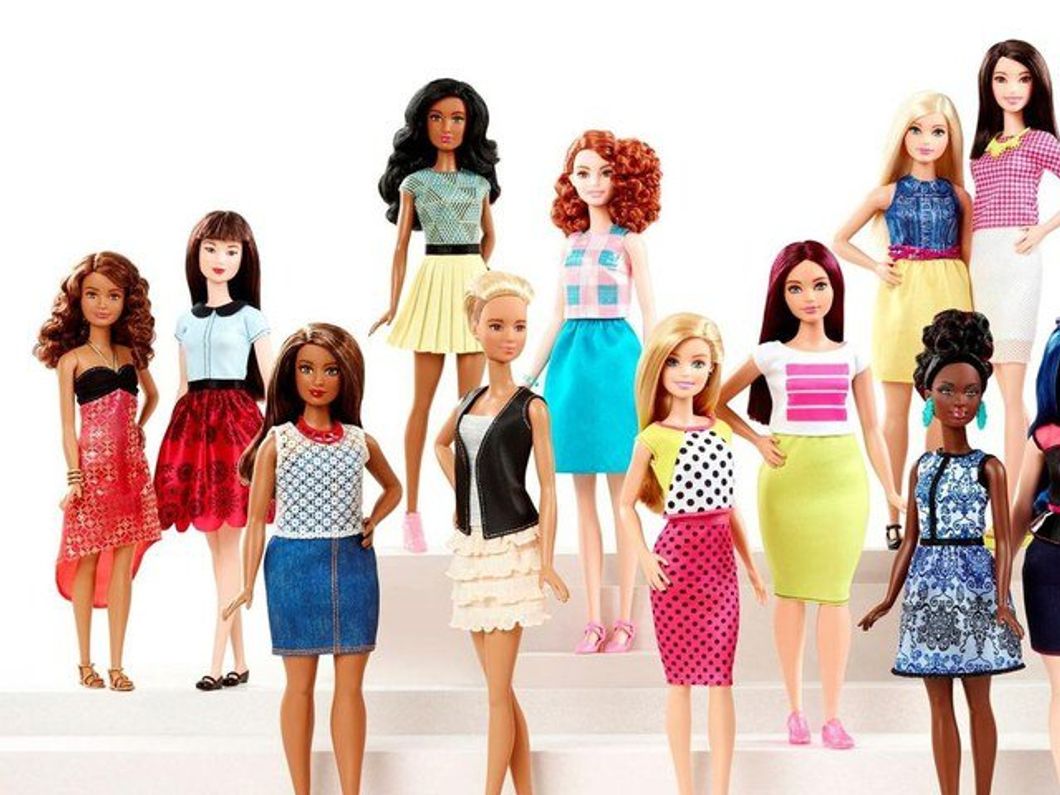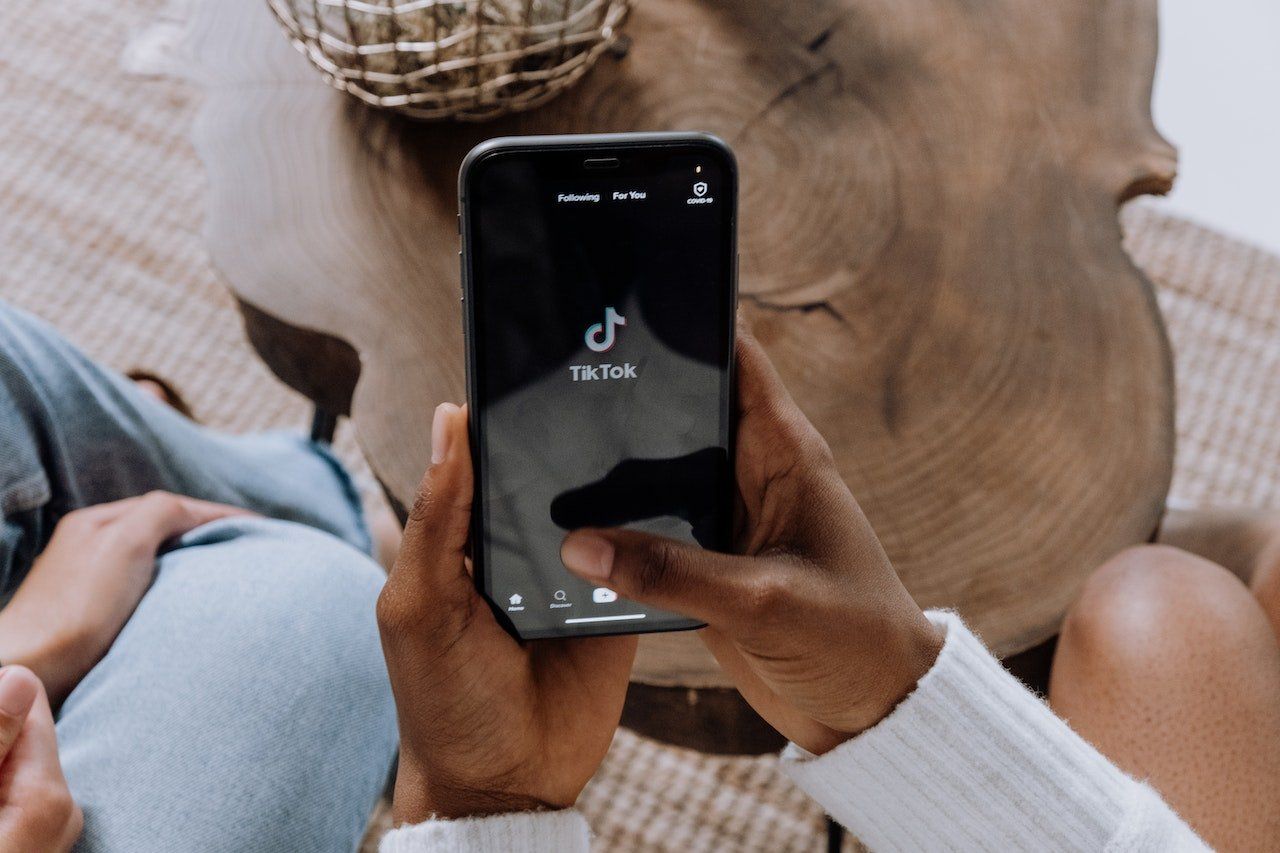In less than two weeks, the coronavirus (COVID-19) pandemic has changed the United States drastically. Cities, once bristling with life, have transformed into shadows of their former selves as people follow government suggestion and self-quarantine. Hospitals prepare to be filled with crowds of concerned people awaiting testing. Sports have been canceled for the foreseeable future, forcing the gravity of the outbreak on those who often choose deliberate ignorance. The coronavirus has halted life for many, bearing no intention to relent.
However, in this pause of normal life, COVID-19 reveals a terrible truth: the government structures that we rely on a day-to-day basis are fragile. Moreover, the current healthcare system's flaws, a lack of disaster preparedness, and the complete dependence on capitalistic structures emphasize that in a truly catastrophic event, the United States remains terribly vulnerable.
Interestingly enough, these problems have solutions.
When NBA star Rudy Gobert tested negative for the flu on Wednesday, March 11, NBA medical staff and Oklahoma City officials tested Gobert for COVID-19 as a precaution, receiving the preliminary positive result that Thursday evening. Following his positive result, the NBA immediately suspended its season. Subsequently, anyone in the league in contact with the Utah Jazz over the past week were tested for the coronavirus.
While the NBA, Utah Jazz, and the Oklahoma health officials handled the situation responsibly, the fast response reveals a discrepancy in testing availability among working-class individuals. Harrowingly, most people do not have the luxury of precautionary testing; concerned citizens with symptoms must meet a series of criteria before being considered for the COVID-19 test.
In one case, journalist Sulome Anderson had to have difficulty breathing, an uncontrollable cough, and a high fever to find a testing location. In addition to having all three symptoms, she was told that in order to be tested, she had to fit at least one risk factor: contact with a confirmed case, previous quarantine, recent travel to an affected country, and a history of respiratory issues.
After seven hours in isolation, Anderson was tested for COVID-19, revealing that doctors said, "Until that day, they were being told not to test unless someone fits the criteria listed above." In total, that makes three confirmed symptoms plus an additional risk factor for working-class individuals to find and receive testing.
Many ordinary people would have to be on the brink of death before even finding a testing location.
As the stock market plummeted as a result of the pandemic, the Federal Reserve made available $1.5 trillion in short-term loans to prevent "ominous trading conditions," as stated in the Wall Street Journal. Additionally, the Federal Reserve plans to make available another $500 billion in order to keep money flowing through the system. Interest rates were also cut to save the economy as the U.S. faces recession.
As more people lose their jobs due to coronavirus, ideas once called "socialism" are slowly being embraced. On Tuesday, the Trump administration declared its intentions to provide Americans with an income to alleviate the rapid fall in the economy. Reminiscent of Andrew Yang's universal basic income, one proposal would have the government supply Americans with at least $1,000 during the pandemic.
Andrew Yang was called radical for his ideas, but the need for universal basic income is apparent in this crisis.
Change is a term that floats around seemingly every election year, usually accompanied by manufactured ideas designed to sound appealing to certain demographics, promises made only to secure positions of power, and temporary solutions to persistent societal ailments. The coronavirus pandemic bears with it the truth that change is reactionary.
Bloomberg columnist Pankaj Mishra writes that the coronavirus "signals a radical transformation." This pandemic has emphatically forced change on the world, highlighting the failures in how the working-class members of society are treated. Most importantly, the coronavirus pandemic has revealed the frailty in solely relying on a capitalist market. Everyday society is threatened by the complete meltdown of the U.S. trade market.
In less than two weeks, COVID-19 and the U.S. response to the pandemic have opened the eyes of millions to call into question the government's priorities.
Moreover, we call into question the validity of government structures placed in contrary to the health of the working-class. We must question how certain groups of people can afford precautionary COVID-19 testing, how the Federal Reserve manages to open a line of $2 trillion in loans, and how universal basic income becomes rational when the economy is in danger.
We can no longer return to the status quo.
We can no longer turn a blind eye to the rapid pace in which our world is changing.
The aftereffects of the coronavirus pandemic have yet to come, but how we choose to embrace its changes will impact the world forever.
Russell Severe is a student at the University of Central Florida.



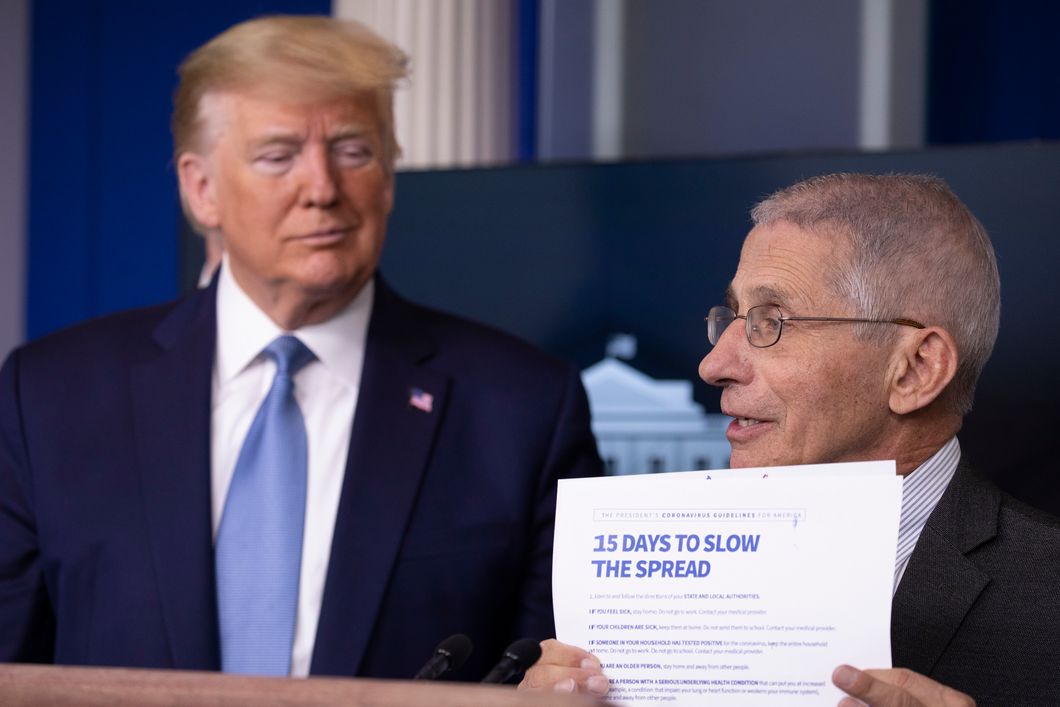
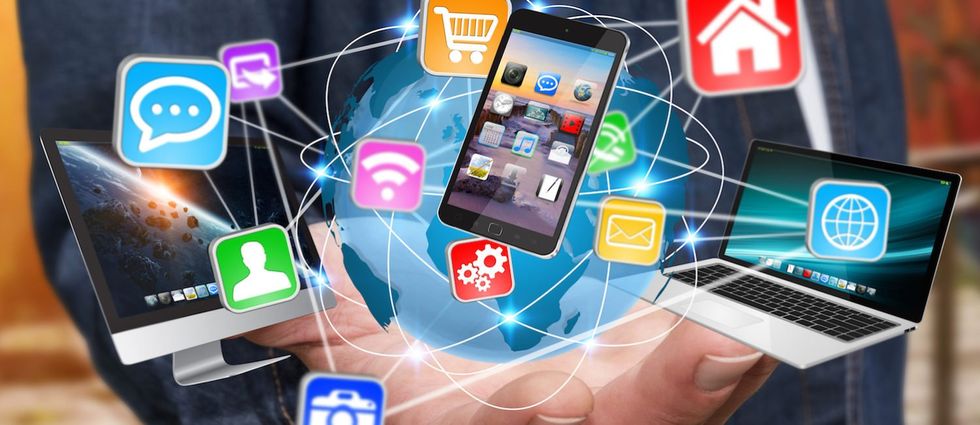
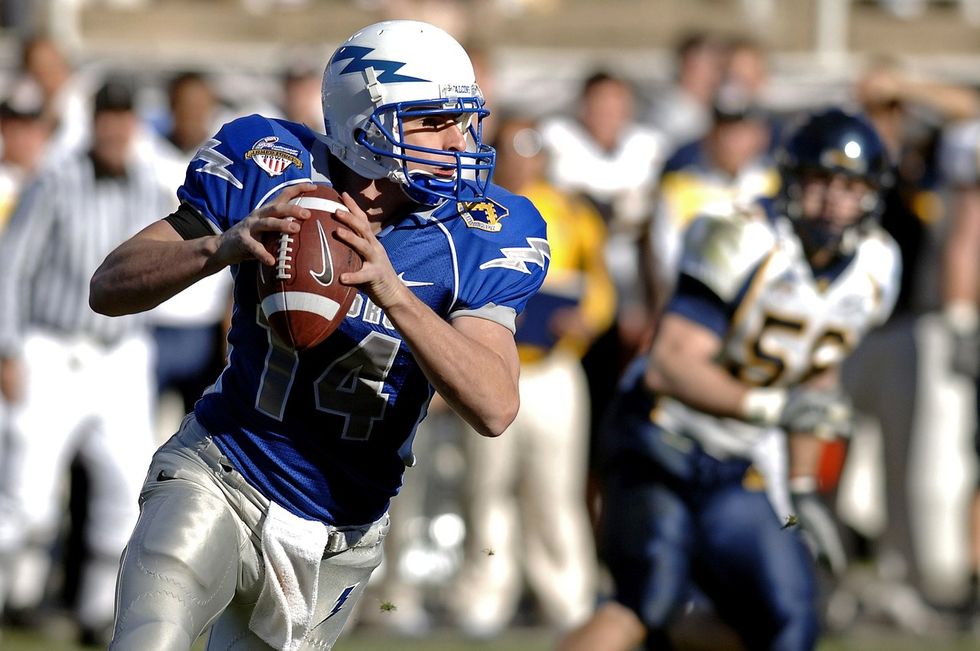

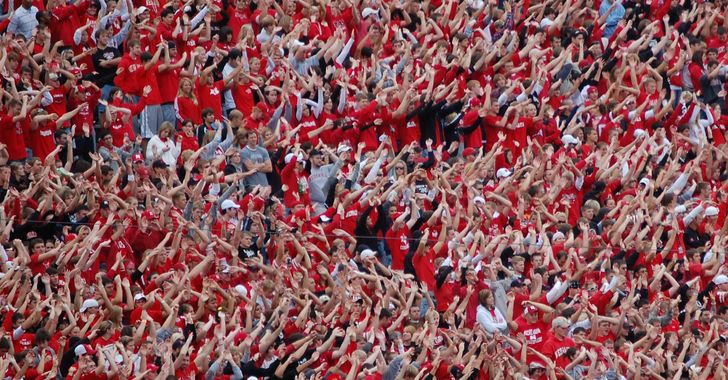

 Photo by
Photo by 
